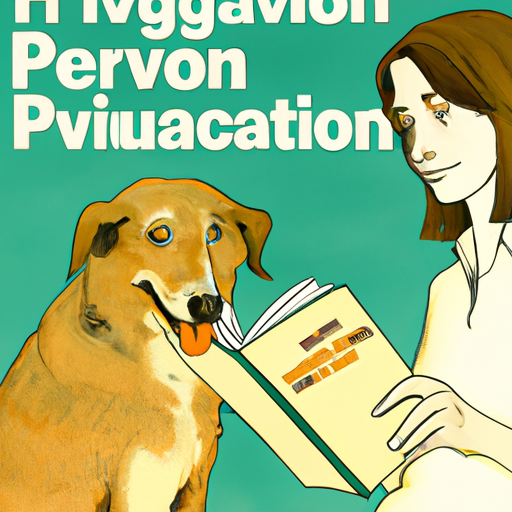Understanding Regurgitation in Dogs
Regurgitation in dogs is not just a simple case of a pet having an upset stomach. It is a serious condition that you, as a caregiver, should understand and address promptly. Regurgitation refers to the ejection of undigested food or water from the esophagus, often with little or no effort from the dog. Unlike vomiting, which involves a lot of heaving and discomfort, regurgitation can occur almost casually, catching both you and your pet by surprise.
Common Causes of Regurgitation
There are several reasons why your dog might be regurgitating, and identifying the cause is the first step in managing the issue.
- Esophageal Disorders: These include conditions like megaesophagus, esophageal diverticula, or esophagitis.
- Dietary Issues: This could be due to rapid eating, change in diet, or eating something they shouldn’t have.
- Underlying Health Conditions: Certain diseases like hypoadrenocorticism can cause regurgitation.
| Causes | Symptoms |
|---|---|
| Esophageal Disorders | Drooling, Weight Loss |
| Dietary Issues | Increased Appetite, Gastrointestinal Disturbance |
| Underlying Health Issues | Lethargy, Vomiting |
Preventive Measures for Regurgitation
Preventing regurgitation in dogs primarily revolves around managing their diet and eating habits. Here are some tips:
- Slow Down Their Eating: If your dog tends to eat too quickly, consider using a slow feeder bowl.
- Manage Their Diet: Make sure your dog’s diet is balanced and appropriate for their age, size, and health status.
- Regular Vet Checks: Regular health checks can help identify any underlying conditions that might be causing regurgitation.
Treatment Options for Regurgitation
If preventive measures aren’t effective, it’s essential to seek veterinary care. Depending on the cause, your vet may recommend:
- Dietary Changes: This could involve changing the type of food your dog eats, or how often they eat.
- Medication: In some cases, medication might be prescribed to manage the condition.
- Surgery: In severe cases, surgical intervention might be necessary.
FAQ Section
Q: Is regurgitation in dogs different from vomiting?
A: Yes, while vomiting involves heaving and discomfort, regurgitation can occur without any obvious signs of distress.
Q: How can I tell if my dog is regurgitating or vomiting?
A: If the expelled material is undigested and expelled without much effort, it’s likely regurgitation. If it’s partially digested and accompanied by heaving, it’s probably vomiting.
Q: What should I do if my dog starts regurgitating frequently?
A: Schedule a visit with your vet as soon as possible. They can help identify the cause and recommend appropriate treatment.



